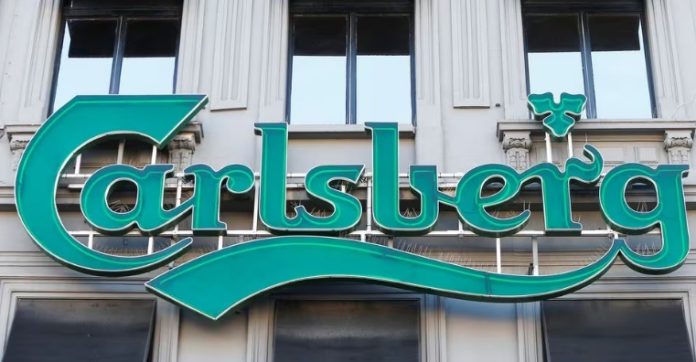Under the European Commission’s proposals, Russians who took over parts of European companies after the outbreak of the war in Ukraine will be subject to sanctions, POLITICO reports.
French food producer Danone, Danish brewer Carlsberg and German sportswear company Adidas were among those whose Russian companies were placed under Russian control on national security grounds.
Since the war began last year, Brussels has carried out 11 waves of sanctions against Moscow, ranging from the energy to banking sectors. The twelfth package of sanctions proposed by the Commission last week, due to come into force by the end of the year, is mainly aimed at banning the import of Russian diamonds into Europe.
According to the text, which was discussed by EU envoys last Friday, the EU will be able to prosecute individuals or organisations “benefiting from the forced transfer of ownership or control of entities established in Russia that were previously owned or controlled by Union persons”.
According to the Russian news agency Tass, Russia has taken over 93 foreign companies and seized more than $400 million in Western assets since February 2022.
Typically, the new state-owned companies are taken over by Kremlin allies. A case in point is 32-year-old Yakub Zakriev, a relative of Chechen leader Ramzan Kadyrov and a Putin ally, who was appointed head of the Russian divisions of Danone and Carlsberg.
The EU cannot freeze or confiscate assets in Russia because its sanctions are not enforceable outside Europe, nor can it force the new owners to return seized assets, but the sanctions are supposed to prevent them from agreeing to concessions from the Russian state at all. Svitlana Taran, a researcher at the European Policy Centre, a Brussels-based think tank, said:
“If they engage in this transaction then they will be automatically on the sanctions list, with all the consequences for the company and for the owners, including financial restrictions and travel restrictions.”
An EU diplomat said on condition of anonymity that the Commission’s proposal would technically allow the European owners of the seized company to receive compensation from Russia, but this is unlikely to happen as it would depend on Moscow’s offer.
